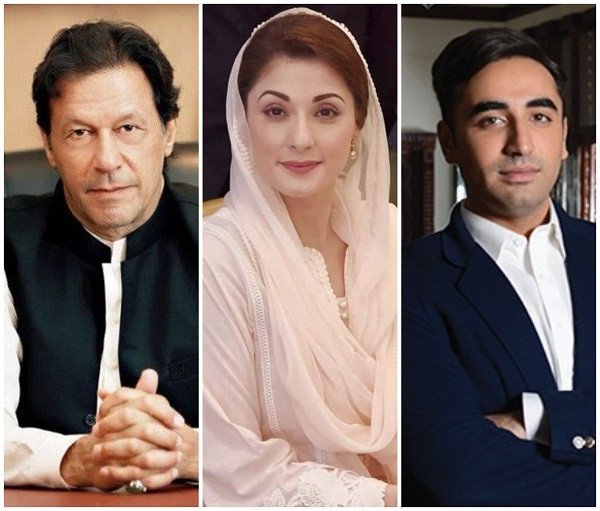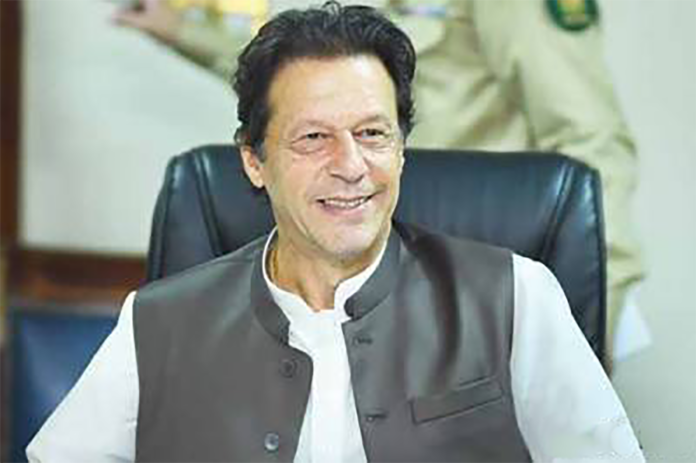Article II, Section 3 of the U.S. Constitution states that the president “shall from time to time give to the Congress information of the State of the Union and recommend to their consideration such measures as he shall judge necessary and expedient”. Informally, this has been the going practice off and on for a variety of American presidents from George Washington onwards. However, this was formally declared as the State of the Union address in 1947. Since then, it has been delivered with quite rigour and pomp useful or not, that is a separate debate.
While, in Pakistan, the focus on the state of the union is important, the understanding of the state of the electorate is even more critical. This is mostly crucial to the success of any given political party including the government of the PTI! Because any policy. and related strategies, should evolve thereof. Consider.
Over the last 40 odd years there has been a staggering shift in the state of the electorate in Pakistan. In the 70s and early 80s, ideological leanings left or right were the hallmark of the voting public. public discourse especially on policy and strategy was rampant, and dissenting voices threw a counter balance to those which were deemed mainstream. In such an environment, political parties and governments could bank on their voter brigade to stick with them through thick and thin. This meant that voting was mostly done on ideological lines but also considering the future course of actions in mind. People were mindful of the “greater good’ and willing to sacrifice personal gain for the sake of national advancement. True national pride if there ever was such a pure thing was all consuming.
During General Zia’s regime of the 80s, the society in general and the polity in particular moved incessantly to the right. While Zia’s message revolved around ideology Islamic and Muslim, the proceedings were anything but because they confined thought to only the conservative slant. Unfortunately, it turned mostly into a grab, and subsequent extension, Of power. Although dissenting voices were rarely tolerated but alternate ideas were still being discussed albeit in hushed corners throughout Pakistan. The electorate started to believe in the right of Centre mind set and looked at short termism and individual gain. At this time, national pride galvanized mostly around Muslim egotism.

The end of the 80s and early 90s generated a new kind of electorate. A kind that is still prevalent till today albeit with minor variations. Zia was gone and along with him the conservative ideology at least the outward type. Liberal forces were raising their head in the form of the PPP While the PML, later PML(N). continued-with legacy of Zia at least in the shape of garnering the religious vote, Leaders who possessed intense self-belief were almost negligible thus the way 50th parties could keep a hold on the electorate was to reduce the value of a person’s vote to almost nothing and the intelligence of the voting public to well below par unfortunately, this where both parties have excelled in the last quarter of a century! But to the utter misery of the voters themselves! Individualism has now completely overtaken the cause of the ‘greater good’. Cronyism is something that prevails substantially in all social strata. Discourse, if there was any left, is mostly stuck at the level of street politics because that is where these rulers of the last many governments have brought things to! Things are really dire when people Start to ‘sell’ their vote for a plate of biryani or a qeema naan! The customary sign-off in the American State of the Union address is that “the state of the union is strong”. using the same logic, one would need to conclude that in Pakistan “the state of the electorate is poor”! But this is where the incumbent government finds itself. No matter how well-intentioned Imran Khan maybe, he must perform for an electorate in this state. But, as the phrase goes, “the road to hell is paved with good intentions”!
Performance Of his team notwithstanding, and which is a separate discussion, he has to work on short-term and two strategies long-term. This is because the people of this country will not give him an opportunity to correct the long-term course of the nation unless he delivers value in the short-term. Something, which the previous governments excelled at somewhat but didn’t actually end up doing at least for the long-term. This is where Imran khan Must go the extra mile. He must provide relief for the electorate in the near future. Something that has been glaringly amiss. If he has to focus only on the optics to do so then he must do that. Only then he will have the longevity of rule to truly help Pakistanis by raising the level of the electorate and once again making the ‘greater good’ the Centre piece of any policy and strategy discourse. Perhaps after that time, the future Prime Ministers of Pakistan will deliver a state of the union address including a key update on the state of the electorate! But, one step at a time!




